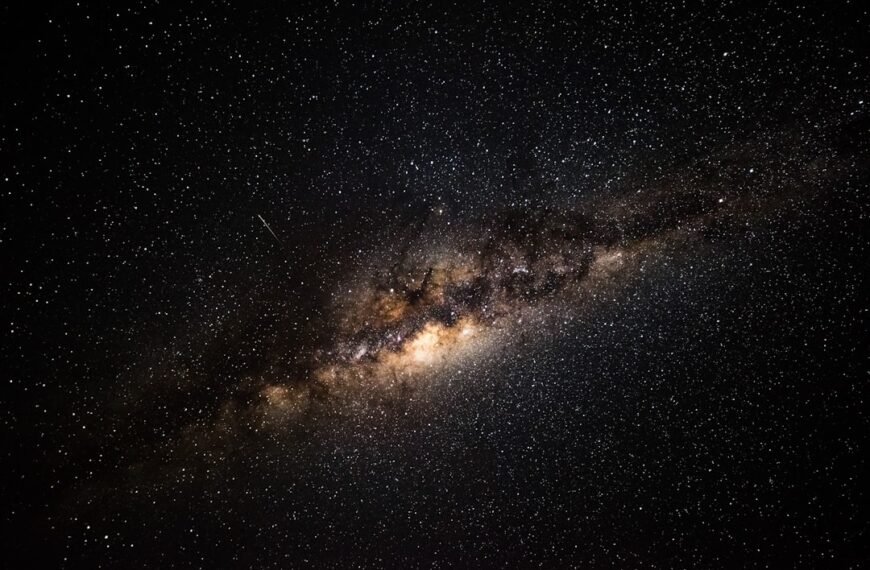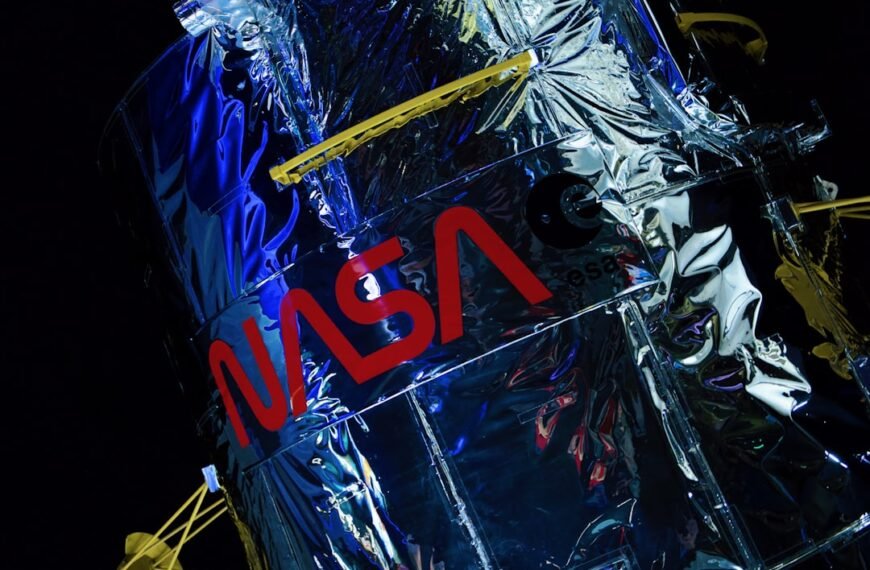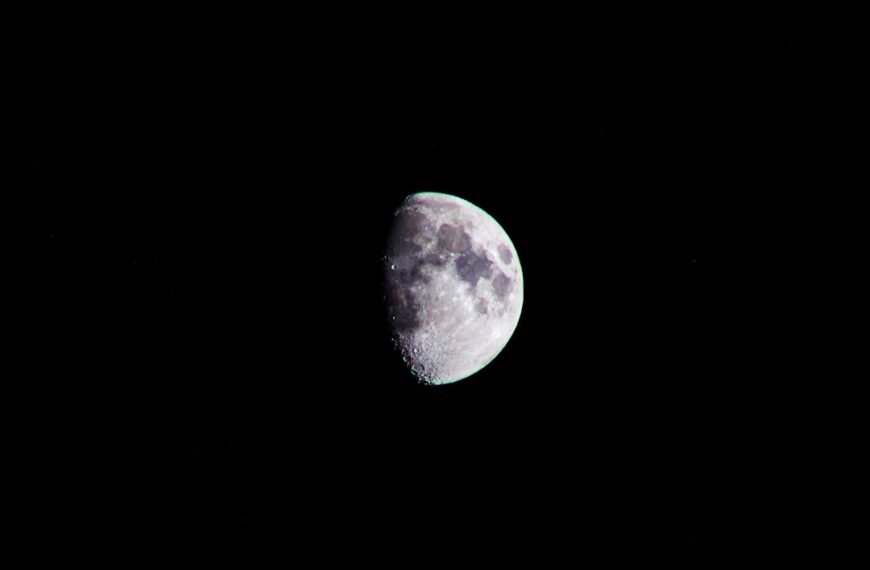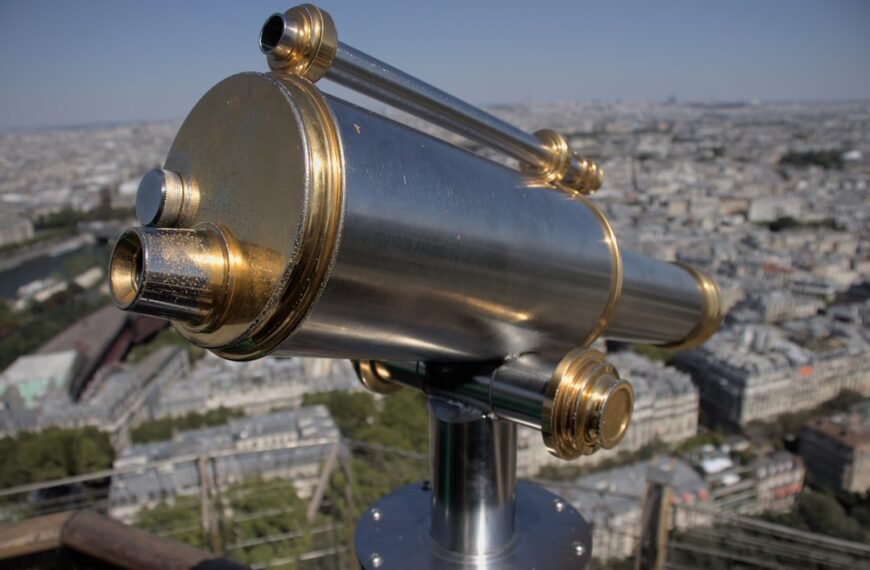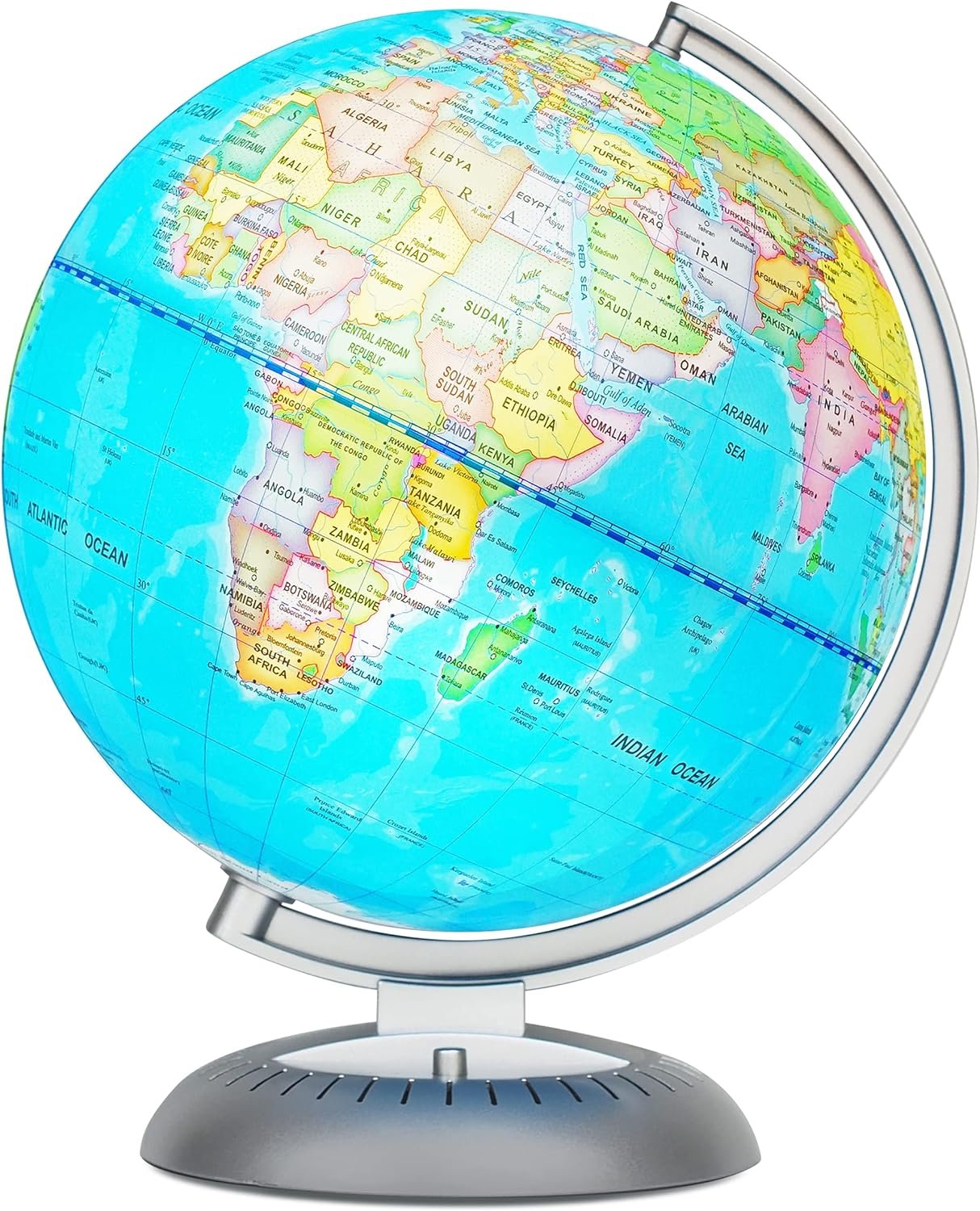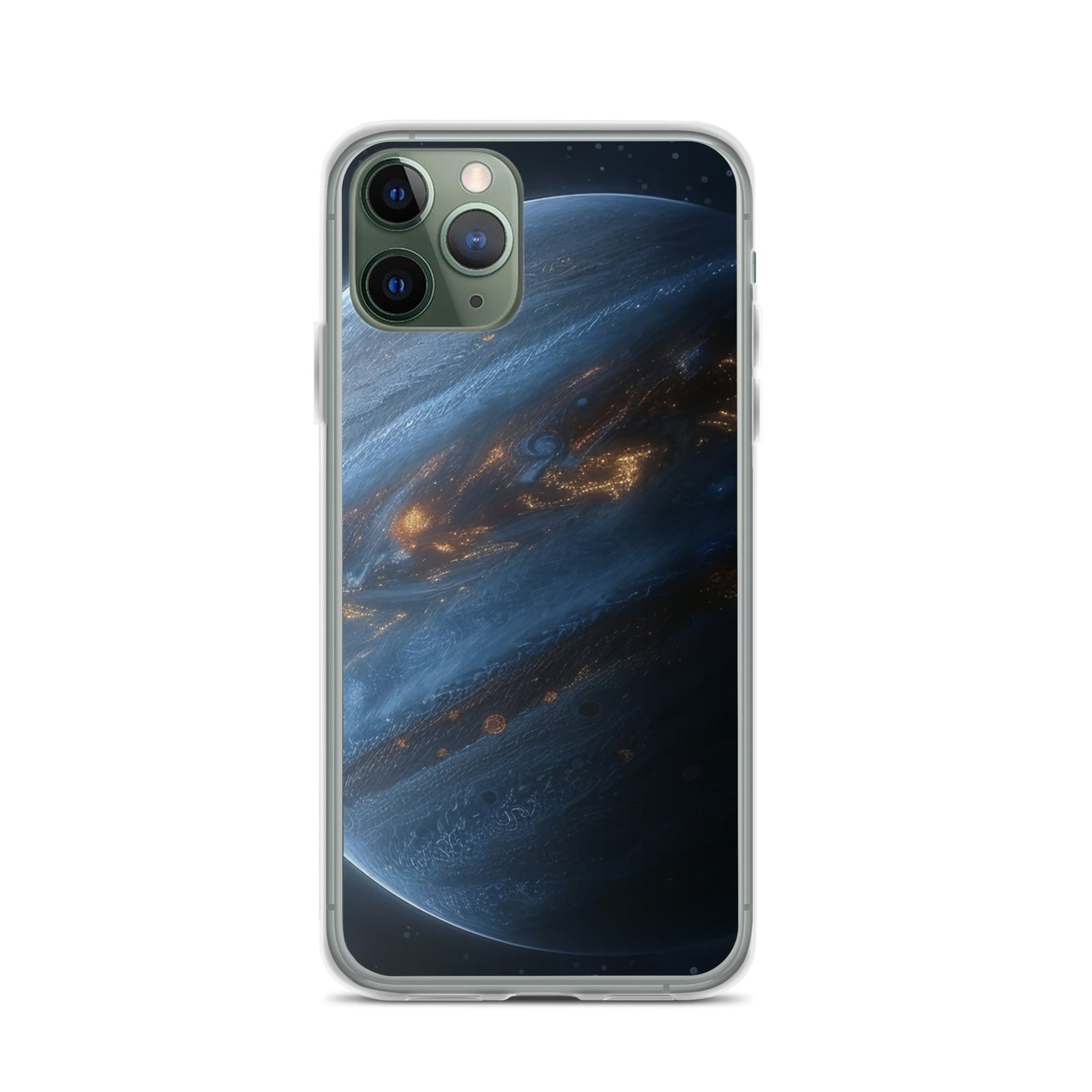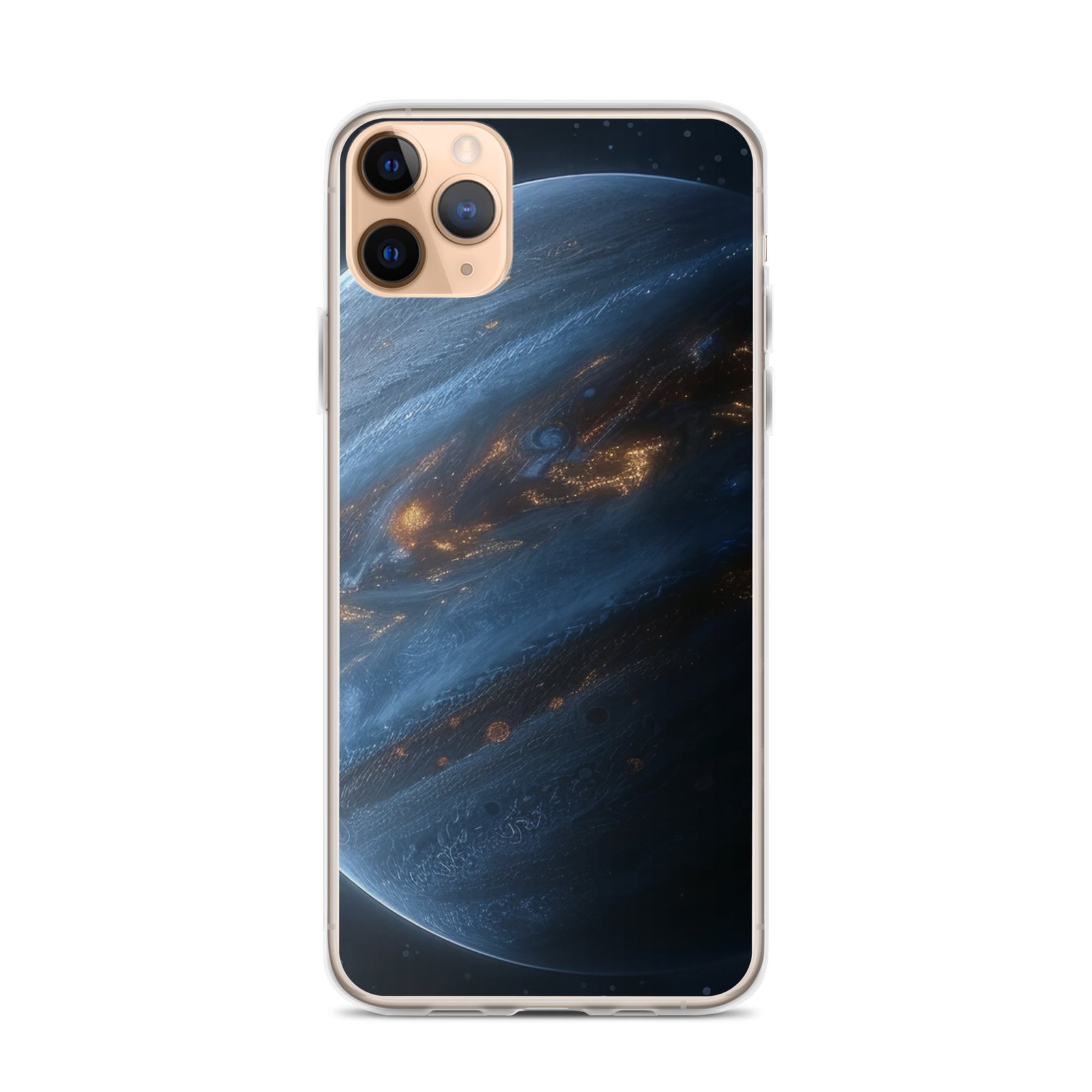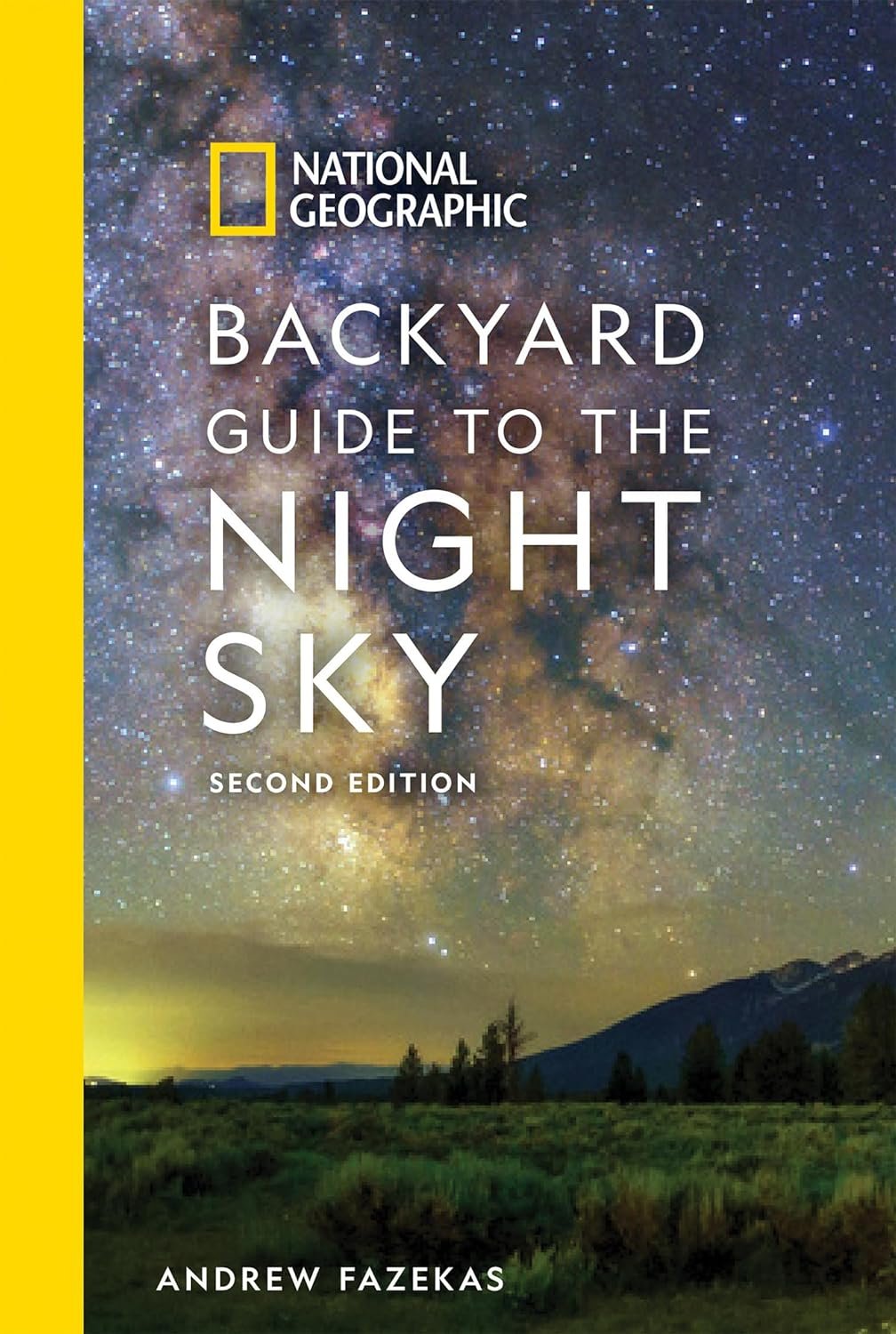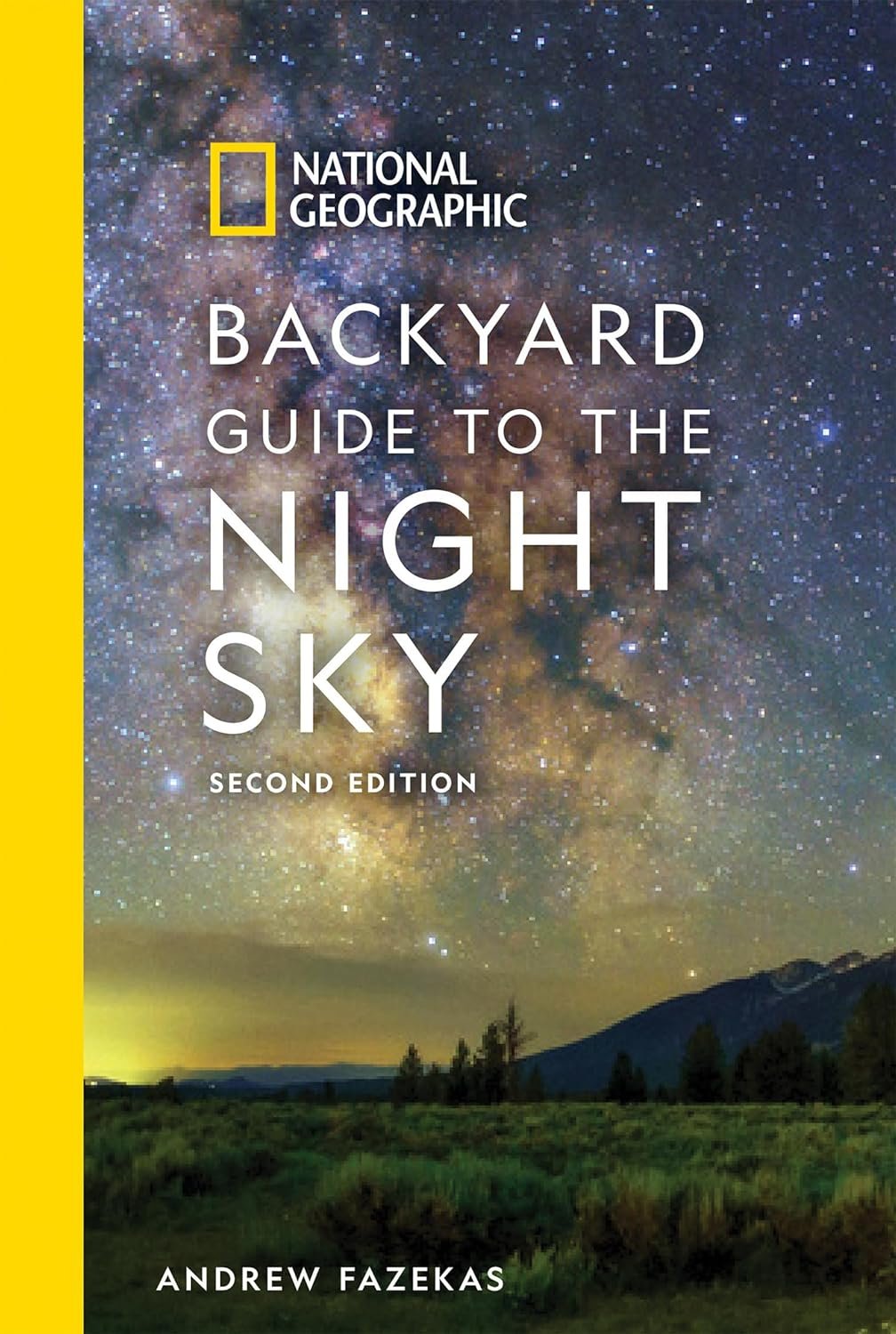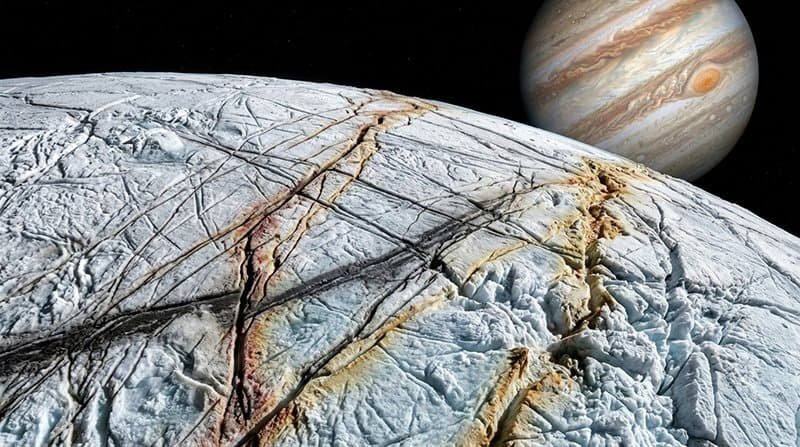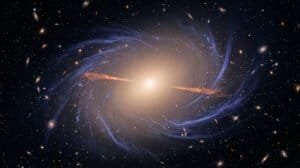The idea of giving birth in space has long been a topic of fascination and speculation. With the increasing interest in space exploration and the potential for long-term human habitation on other planets, the concept of childbirth in space has become a subject of serious consideration. The unique challenges and ethical considerations of giving birth in a microgravity environment have sparked debates among scientists, ethicists, and policymakers. While the idea of space babies may seem like science fiction, it is a topic that requires careful consideration as humanity continues to push the boundaries of space exploration.
The prospect of childbirth in space raises a myriad of questions about the physiological, psychological, and ethical implications of bringing new life into the world beyond the confines of Earth. As space agencies and private companies set their sights on establishing human colonies on other planets, the possibility of conceiving, carrying, and delivering a baby in space has become a topic of increasing interest and concern. The challenges and complexities of reproduction in a microgravity environment are vast, and the potential impact on both the mother and child are not yet fully understood. As we delve into the complexities of childbirth in space, it is essential to consider the ethical and legal implications of bringing new life into an environment that is vastly different from the one in which humanity has evolved and thrived for millennia.
Key Takeaways
- Birth in space is a concept that has gained attention as space exploration advances.
- Giving birth in a microgravity environment poses unique challenges for both the mother and the baby.
- Ethical and legal considerations surrounding childbirth in space are complex and require careful examination.
- The potential future of childbirth in space raises questions about the feasibility and safety of such endeavors.
- Space travel can have significant impacts on pregnancy and childbirth, requiring further research and understanding.
The challenges of giving birth in a microgravity environment
The prospect of giving birth in space presents a myriad of challenges that must be carefully considered and addressed. One of the most significant challenges is the impact of microgravity on the human body, particularly on the development of a fetus and the process of childbirth. In a microgravity environment, the lack of gravitational force can have profound effects on the human body, including changes in fluid distribution, bone density, muscle mass, and cardiovascular function. These physiological changes could potentially impact the development of a fetus and the ability to carry a pregnancy to full term. Additionally, the process of childbirth itself could be significantly different in a microgravity environment, as the absence of gravity would alter the dynamics of labor and delivery.
Another significant challenge of giving birth in space is the lack of medical resources and facilities available in a spacefaring environment. While significant advancements have been made in medical technology for space travel, the ability to provide comprehensive prenatal care and emergency obstetric services in space is still limited. The potential complications and risks associated with pregnancy and childbirth in space, such as preterm labor, preeclampsia, or postpartum hemorrhage, would require careful consideration and planning to ensure the health and safety of both the mother and child. Additionally, the psychological and emotional well-being of expectant mothers in a confined and isolated space environment must also be taken into account, as the stress and anxiety of space travel could have significant implications for maternal health and fetal development.
The ethical and legal considerations of giving birth in space
The prospect of giving birth in space raises complex ethical and legal considerations that must be carefully addressed before any serious attempts are made to conceive and carry a pregnancy in a spacefaring environment. One of the primary ethical concerns is the potential risks and uncertainties associated with pregnancy and childbirth in a microgravity environment. The long-term effects of exposure to cosmic radiation, altered gravitational forces, and other environmental factors on fetal development are not yet fully understood, raising questions about the ethical implications of subjecting an unborn child to potential harm or unknown risks.
Furthermore, the question of reproductive autonomy and informed consent becomes particularly salient in the context of space travel and colonization. The decision to conceive and carry a pregnancy in space would have profound implications for both the mother and child, as well as for future generations of spacefaring humans. Ensuring that expectant mothers have access to comprehensive information about the potential risks and challenges of pregnancy in space, as well as the ability to make informed decisions about their reproductive choices, is essential to upholding principles of autonomy and bodily integrity.
From a legal standpoint, the jurisdictional complexities of giving birth in space present significant challenges. The lack of clear regulatory frameworks for reproductive rights and responsibilities in space raises questions about legal accountability, parental rights, citizenship, and inheritance for children born in space. As humanity ventures beyond Earth’s borders, it becomes increasingly important to establish international agreements and legal frameworks that address the rights and protections of individuals born in extraterrestrial environments.
The potential future of childbirth in space
As humanity continues to explore the possibilities of long-term space habitation and colonization, the potential future of childbirth in space remains an area of active research and speculation. While significant challenges and uncertainties surround the prospect of conceiving and carrying a pregnancy in a microgravity environment, ongoing advancements in medical technology, reproductive science, and space exploration may pave the way for safe and viable options for childbirth beyond Earth.
One potential avenue for addressing the challenges of giving birth in space is the development of advanced medical technologies and facilities specifically designed for prenatal care, labor, and delivery in a microgravity environment. Research into artificial gravity systems, advanced life support technologies, and telemedicine capabilities could provide essential resources for ensuring the health and safety of expectant mothers and their babies during space travel. Additionally, advancements in reproductive science, such as assisted reproductive technologies and genetic screening, may offer new possibilities for conception and pregnancy management in space.
Furthermore, as humanity establishes permanent settlements on other planets or celestial bodies, the creation of dedicated birthing facilities and reproductive health services in extraterrestrial environments may become essential for sustaining human populations beyond Earth. The development of comprehensive medical infrastructure and support systems for pregnancy and childbirth in space could be crucial for ensuring the well-being and survival of future generations of spacefaring humans.
The impact of space travel on pregnancy and childbirth
The impact of space travel on pregnancy and childbirth is an area of active research and exploration as humanity seeks to understand the physiological, psychological, and developmental implications of conceiving and carrying a pregnancy in a microgravity environment. Studies conducted on astronauts have provided valuable insights into the effects of space travel on human physiology, including changes in bone density, muscle mass, cardiovascular function, immune response, and sensory perception. These physiological changes could have significant implications for maternal health, fetal development, and the process of childbirth in space.
One area of particular concern is the potential impact of cosmic radiation on fetal development during space travel. Exposure to high levels of cosmic radiation beyond Earth’s protective atmosphere could pose significant risks to fetal health, including genetic mutations, developmental abnormalities, or an increased risk of cancer later in life. Understanding the long-term effects of cosmic radiation on reproductive health and fetal development is essential for developing effective strategies to mitigate potential risks for expectant mothers during space travel.
Additionally, the psychological and emotional well-being of expectant mothers during space travel is an important consideration for ensuring healthy pregnancies and positive birth outcomes. The stress, isolation, confinement, and sensory deprivation associated with long-duration space missions could have significant implications for maternal mental health, bonding with the unborn child, and overall well-being. Developing strategies to support maternal mental health and emotional resilience during space travel is crucial for promoting healthy pregnancies and positive birth experiences in a microgravity environment.
The first baby born in space: fact or fiction?

The prospect of the first baby born in space has captured the imagination of scientists, futurists, and science fiction enthusiasts for decades. While no human has yet been born beyond Earth’s atmosphere, ongoing advancements in space exploration and reproductive science have sparked speculation about the possibility of conceiving, carrying, and delivering a baby in a microgravity environment. The concept of a “space baby” has been popularized in literature, film, and popular culture as a symbol of humanity’s future expansion into the cosmos.
However, the practical realities and ethical considerations surrounding childbirth in space raise significant challenges that must be carefully addressed before any serious attempts are made to bring new life into an extraterrestrial environment. The physiological effects of microgravity on fetal development, the lack of comprehensive medical resources for prenatal care and emergency obstetric services in space, as well as the ethical implications of subjecting an unborn child to potential harm or unknown risks all present significant barriers to realizing the dream of a “space baby.”
While significant advancements have been made in understanding human reproduction and development in space, including studies conducted on animals such as mice and fish aboard spacecraft, much remains unknown about the long-term effects of gestation and childbirth beyond Earth’s borders. As humanity continues to push the boundaries of space exploration and colonization, ongoing research into the physiological, psychological, ethical, and legal implications of childbirth in space will be essential for informing future decisions about reproductive health and family planning beyond Earth.
the ongoing debate about birth in space
The concept of giving birth in space presents complex challenges that require careful consideration from scientific, ethical, legal, and societal perspectives. As humanity continues to explore the possibilities of long-term space habitation and colonization, questions about pregnancy, childbirth, reproductive autonomy, parental rights, citizenship, inheritance, genetic diversity, medical infrastructure, psychological well-being, cosmic radiation exposure, artificial gravity systems, telemedicine capabilities, assisted reproductive technologies, genetic screening technologies all need to be addressed before any serious attempts are made to conceive and carry a pregnancy beyond Earth’s atmosphere.
The ongoing debate about birth in space reflects humanity’s enduring fascination with our place in the cosmos and our aspirations for expanding our presence beyond Earth’s borders. While significant challenges remain surrounding childbirth in space, ongoing advancements in medical technology, reproductive science, space exploration may pave the way for safe options for conceiving carrying a pregnancy beyond Earth. As we continue to push the boundaries of human exploration beyond our home planet, it is essential to approach the prospect of childbirth in space with careful consideration for the health safety well-being future generations who may one day be born among stars.
If you’re fascinated by the mysteries of the universe, you might also be interested in exploring the differences between stars and planets. In a thought-provoking article titled “What Is the Difference Between a Star and a Planet?” on The Universe Episodes, you can delve into the unique characteristics that distinguish these celestial bodies. Understanding these differences can provide valuable insights into the complexities of our universe. (source)





